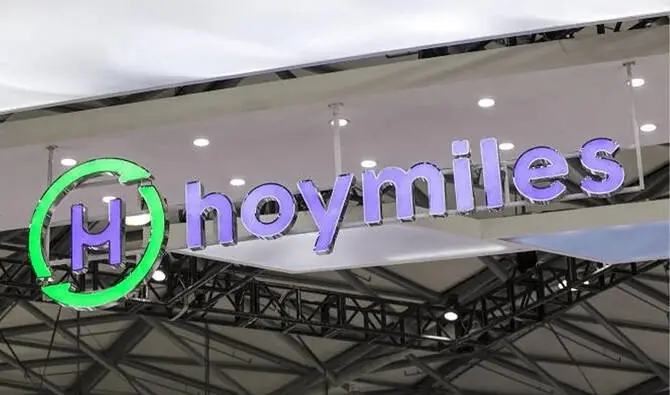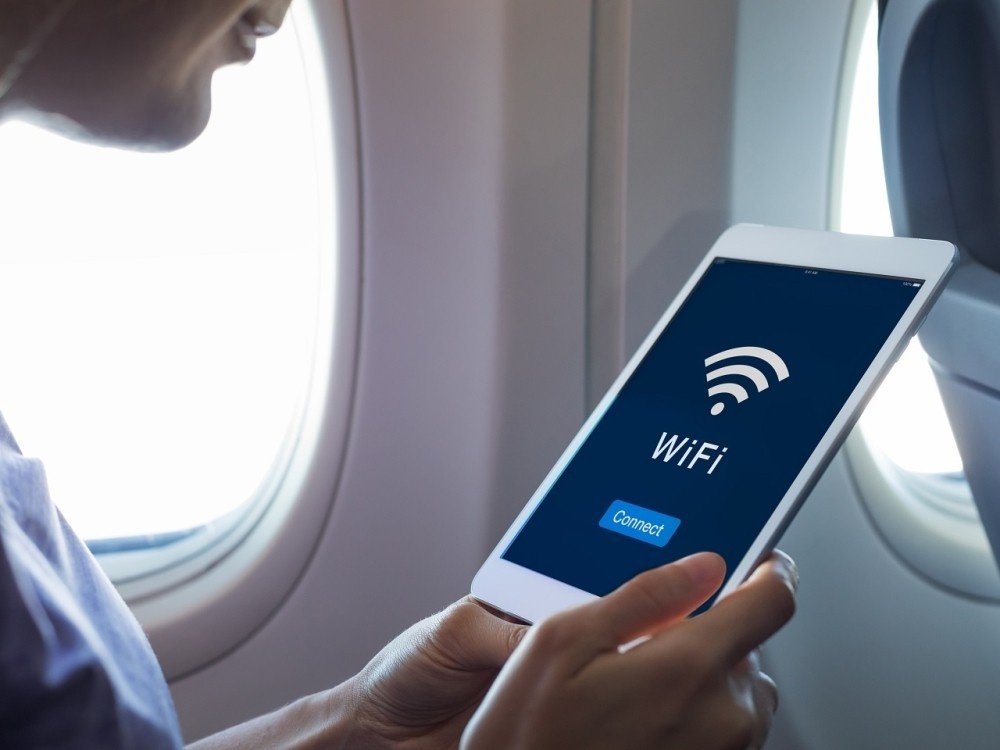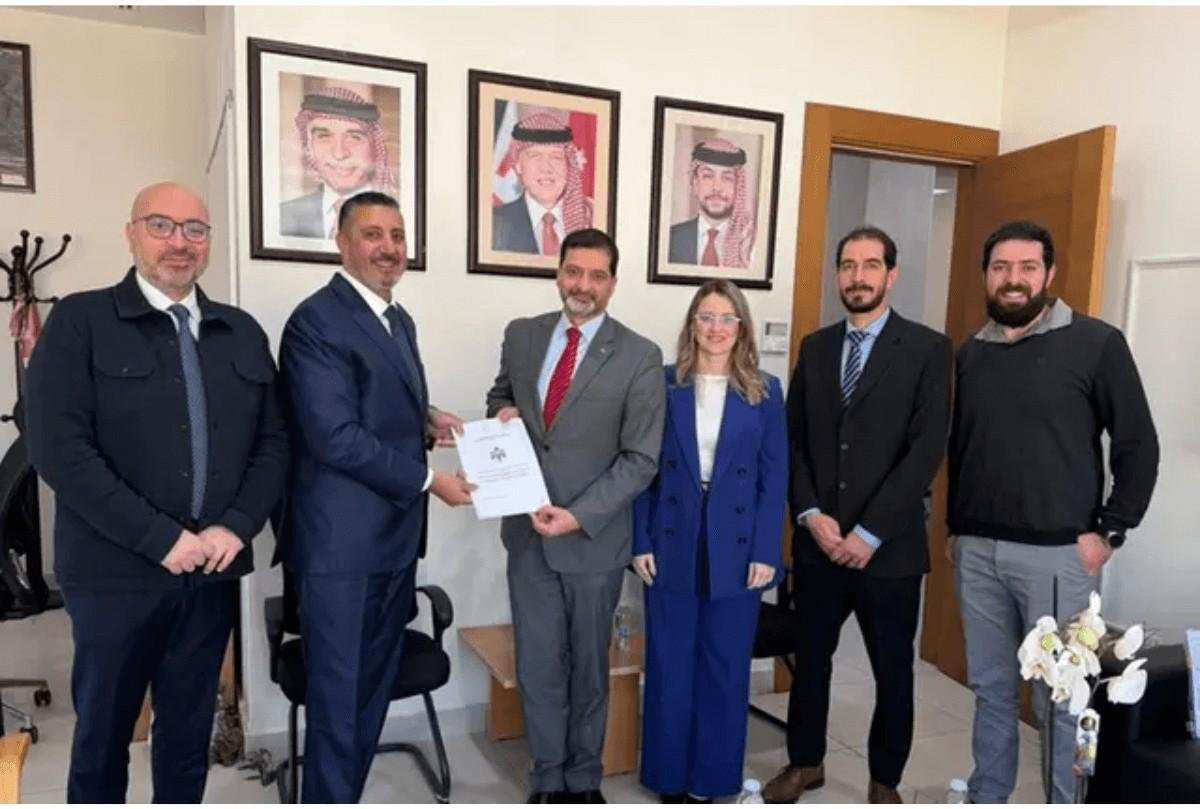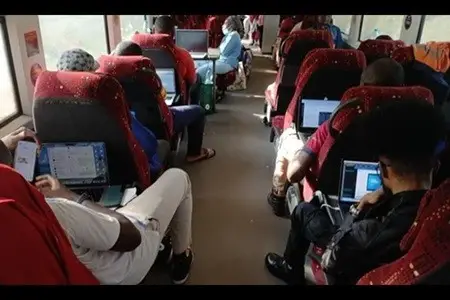Banglalink, Bangladesh’s third-largest mobile operator, is fully prepared to launch an initial public offering (IPO) but is currently adopting a “wait-and-see” approach due to prevailing market conditions. Taimur Rahman, the Chief Corporate and Regulatory Affairs Officer at Banglalink, expressed concerns about the current unfavorable situation, citing the upcoming national election, political instability, and the underperformance of other telecom companies in the stock market.
Despite these challenges, Rahman expressed optimism in an interview with the FE about the potential for an IPO in early 2024. In early 2022, Banglalink Digital Communications Ltd announced plans to offload 10% of its paid-up capital through an IPO, aiming to raise over Tk 8 billion. With a paid-up capital of around Tk 84 billion, the company could become one of the highest in the stock market once floated.
Rahman highlighted Banglalink’s role as a catalyst in making telecom services affordable for the general populace and noted the company’s consistent performance and strong foundation for future sustainable growth. Presently, Banglalink serves more than 42.85 million customers and is a wholly-owned subsidiary of Malta’s Telecom Ventures Ltd, which in turn is under Global Telecom Holding, a subsidiary of the Dutch holding company VEON.
Addressing digital banking services, Rahman mentioned Banglalink’s interest in partnering with digital banks, as their application for a permit was not considered. He believes such partnerships would be mutually beneficial.
Veon Ltd, in collaboration with Banglalink, had applied for a digital banking license, reflecting their interest in expanding into the financial sector. However, Rahman expressed frustration over the non-implementation of significant market player (SMP) restrictions, issues with infrastructure sharing, and delays in unified licensing. He noted that only three of 20 SMP rules have been implemented, which were not effective in containing the expansion of Grameen Phone, declared SMP by BTRC.
Banglalink and Teletalk recently initiated a field trial for national roaming through infrastructure sharing, aiming to test seamless network switching in areas with coverage gaps across the country. Rahman sees this as a positive step for the telecom infrastructure in Bangladesh.
He also mentioned that despite rising inflation, Banglalink has not significantly increased data prices, although data usage has decreased by around 20% following the implementation of reshuffled data packages.
Regarding SIM-locked handsets, Rahman labeled the initiative a failure due to unfeasible BTRC rules. Despite efforts, the strategy did not work for Banglalink or handset manufacturers, leading to reconsideration of their approach in this market segment.















